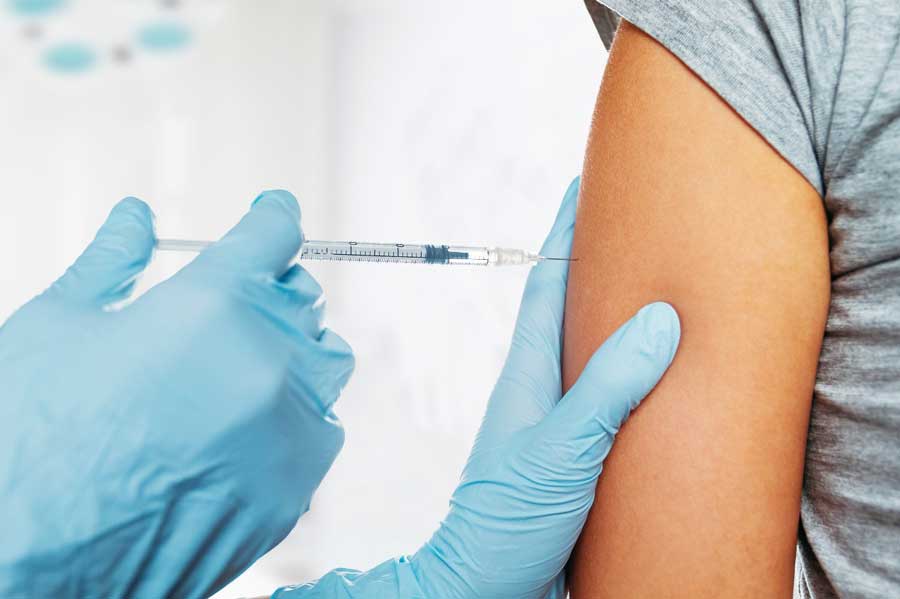Understanding the HPV Vaccine: A Vital Step in Protecting Women’s Health - Dr. Yeung Ho Hong (楊浩康)
Did you know? Cervical cancer is one of the most common cancers among women, and it is closely linked to a virus called HPV (Human Papillomavirus, 人類乳突病毒). There are many types of HPV, some of which are transmitted through sexual contact, affecting the reproductive organs of both men and women.

What is the HPV Virus? Why Does It Cause Cervical Cancer?
The HPV virus is actually very common, and most people may become infected with it at some point in their lives. Certain types of HPV are considered “high-risk,” and prolonged infection with these types can lead to cancers such as cervical cancer in women, vaginal cancer, and anal cancer, which can affect both men and women.
Cervical cancer is a malignant tumor that affects the cervix. If not detected and treated early, cancer cells can spread to other organs in the body, leading to serious consequences.
Can Cervical Cancer Be Prevented?
Absolutely! Regular cervical cancer screening (such as Pap smear tests) is an effective way to prevent cervical cancer. Additionally, receiving the HPV vaccine can significantly reduce the risk of HPV infection, thereby lowering the chances of developing cervical cancer.
What You Need to Know About the HPV Vaccine
In Hong Kong, the 9-valent HPV vaccine (九價HPV疫苗) is available, which protects against most HPV types that cause cervical cancer. The safety of the HPV vaccine has been rigorously verified, and most people experience only mild and temporary side effects after vaccination, such as redness, swelling, or pain at the injection site, fever, headaches, or nausea.
Important Reminders:
- The HPV vaccine does not protect against all types of HPV infections.
- Even after receiving the HPV vaccine, regular cervical cancer screening is still necessary.
- The HPV vaccine cannot eliminate an existing HPV infection.
Conclusion
Cervical cancer is preventable! Through regular screening and vaccination with the HPV vaccine, we can significantly reduce the risk of developing cervical cancer and protect our health. For your own well-being and that of your family, consult a doctor to learn more about cervical cancer prevention.
